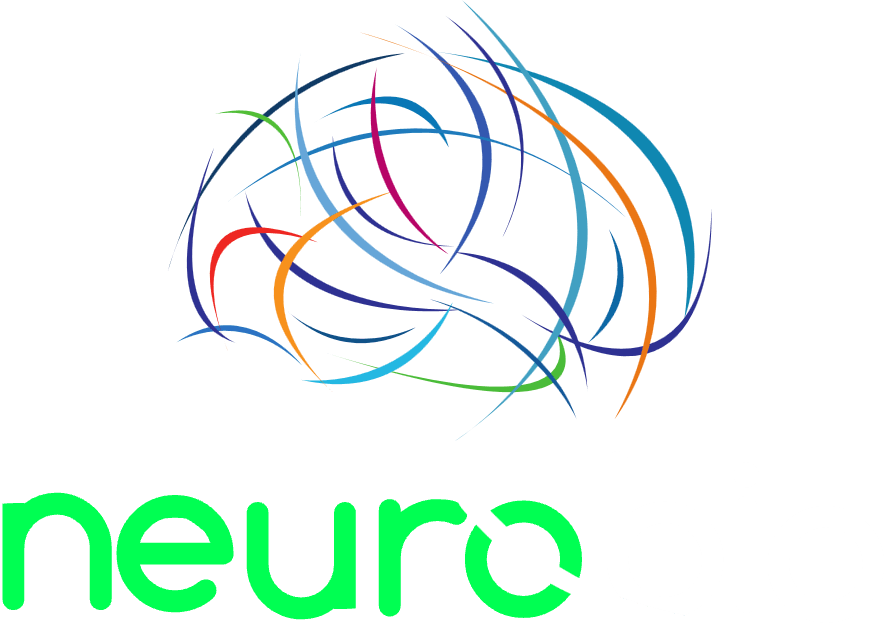Alzheimer's
Helping Get Closer to Finding a Cure

ALZHEIMER'S
Advancing Alzheimer's Research with AI
Alzheimer’s Disease (AD) is rapidly becoming one of the costliest, and burdening diseases of this century. Studies of twins showed that the risk of Alzheimer’s disease is 60–80% dependent on heritable factors. The common APOE ε4 allele explains a significant part of but does not completely explain the heritability of AD. But our AI algorithm is also focused on considering genetic changes which protect us from developing AD. For example, the discovery of the rare Ala673Thr Icelandic protective mutation of APP was associated with prolonged cognitive health. These latest discoveries could point us into novel directions.
AD is biologically defined by the presence of β-amyloid-containing plaques and tau-containing neurofibrillary tangles. AD is a common cause of cognitive impairment acquired in mid- and late-life but its clinical impact is altered by cerebrovascular conditions.
Therapeutic discovery programs are still struggling to find targets which have the potential to substantially change the clinical course of AD.
In the last decades after many failed clinical trials which devasted the hopes of Alzheimer disease patients and their families, we are realizing that AD is a heterogenous disease with many pathological pathways leading to the manifestation of AD. Now we have knowledge for example about neuro-immunology, the amyloid composition, tau distribution, relation between amyloid and tau, clinical symptoms, and genetic background of AD patients. We want to use an automated AI algorithm top process the data generated from the clinical and pre-clinical research in the last decades. Our AI algorithm is positioned to disentangle the immune system critical role in neurodegenerative diseases, the chronological mismatches between clinical, pathological, and technological data, to identify new diagnostic biomarkers and identify new drug targets for drug discovery and screening.
We are dedicated to defeating neurodegenerative diseases with new approaches by combining our expertise in human genetics, immunology, and clinical neurology. Our AI algorithms drive us to gain deeper understanding into the biologic underpinnings of the diseases we aim to treat



